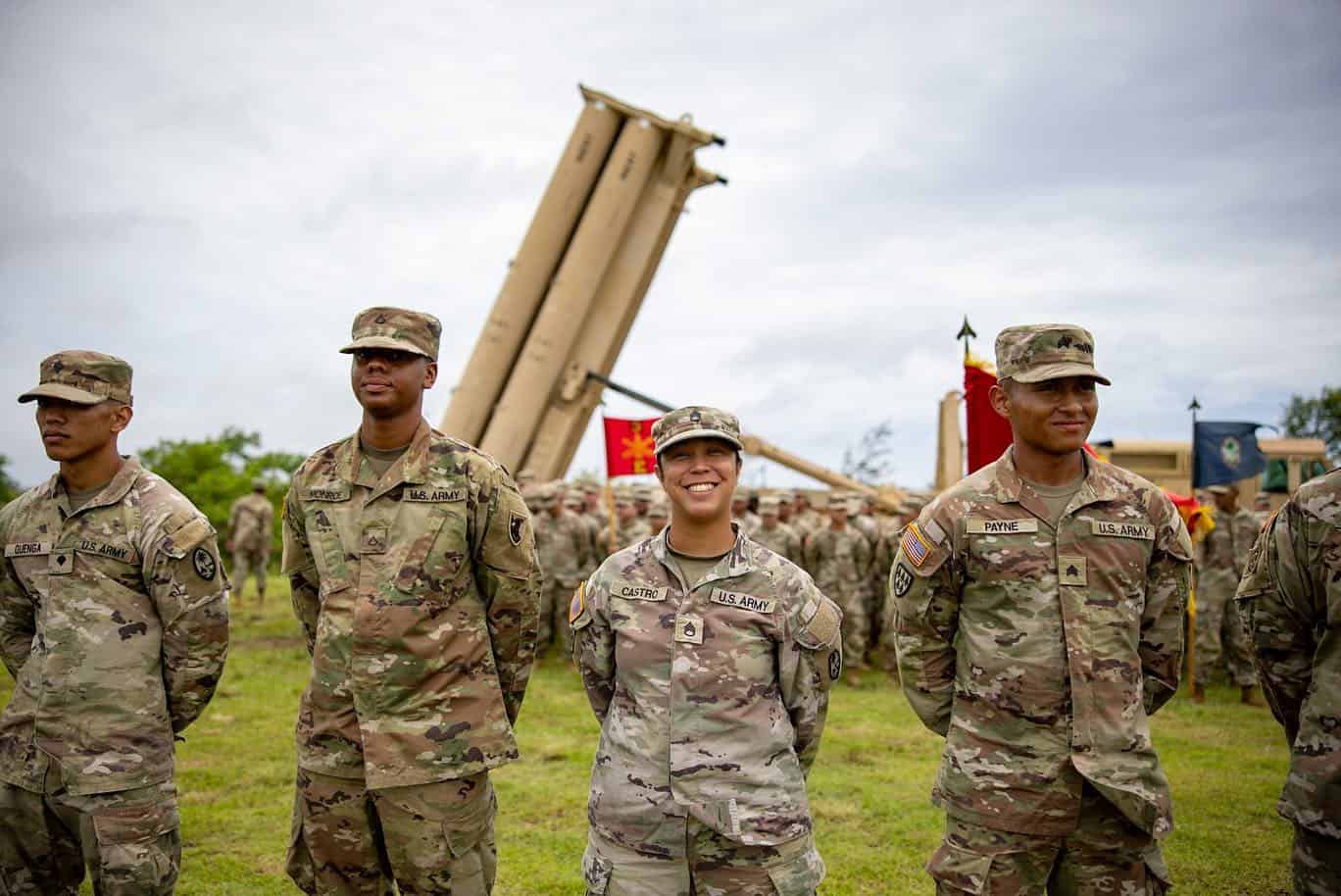The U.S. military’s purported plan to station intermediate-range missiles in Guam is likely to heighten concerns among some Pacific Island countries of a new era of militarisation of their region, analysts said. The United States withdrew from a decades-old treaty with Russia in 2019 that prohibited use of ground-launched missiles with a range of 500-5,500 kilometers – a decision that potentially gives the U.S. more flexibility to respond to China’s increased military strength, but also faces practical resistance from its allies in Asia. Benar News reports General Charles Flynn, commanding general for U.S. Army Pacific, as telling a international security forum in mid-November that the U.S. intends to deploy HIMARS, SM-6s, and Tomahawk missiles into the “Indo Pacific” – the U.S. term for an area spanning East Asia and the Indian and Pacific Oceans. “We intend to deploy that system into the region. I’m not going to say where or when,” Flynn said at the Halifax Security Forum, according to an emailed statement Tuesday from the U.S. Army. The plans were highlighted by a Nikkei report on 03 December, which citing a U.S. army spokesman, said the deployment would occur in 2024. Reports by Rand Corporation and Carnegie Endowment for International Peace – U.S. think tanks – say the American territory of Guam in the Pacific is the most likely location because of the reluctance of U.S. allies in Asia to host the missile systems. Competition between China and the U.S. has been sharpest in East Asia due to possible flashpoints such as Taiwan – which China regards as a rebel province – and Beijing’s claims to the South China Sea that overlap with the claims of Southeast Asian nations.
Because of the intermediate-range forces treaty with Russia, the U.S. had previously faced a “structural constraint” on its military power in Asia, according to a report in October by Carnegie Endowment analyst Ankit Panda, while China did not.
